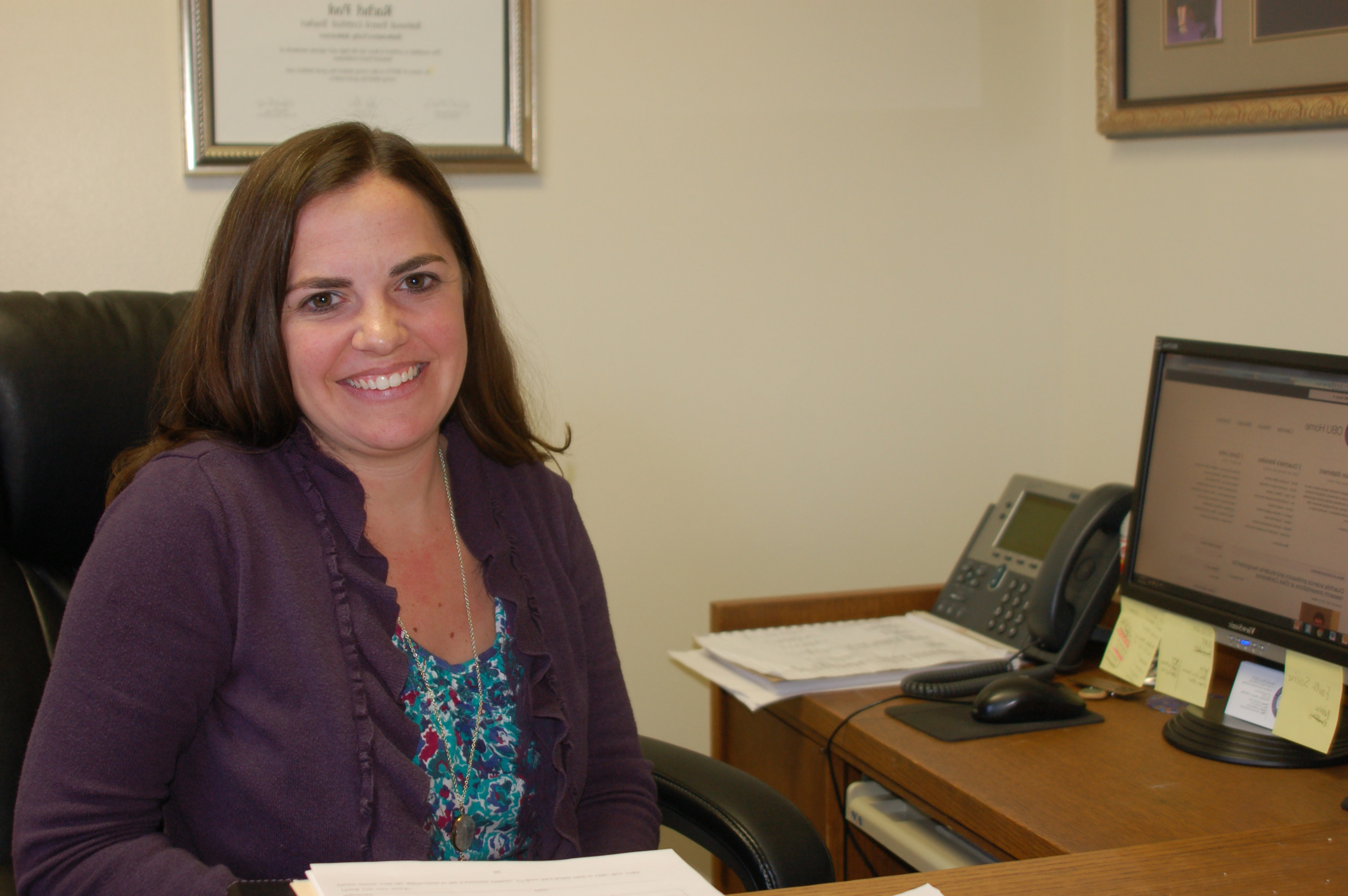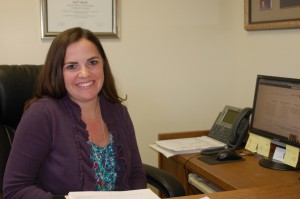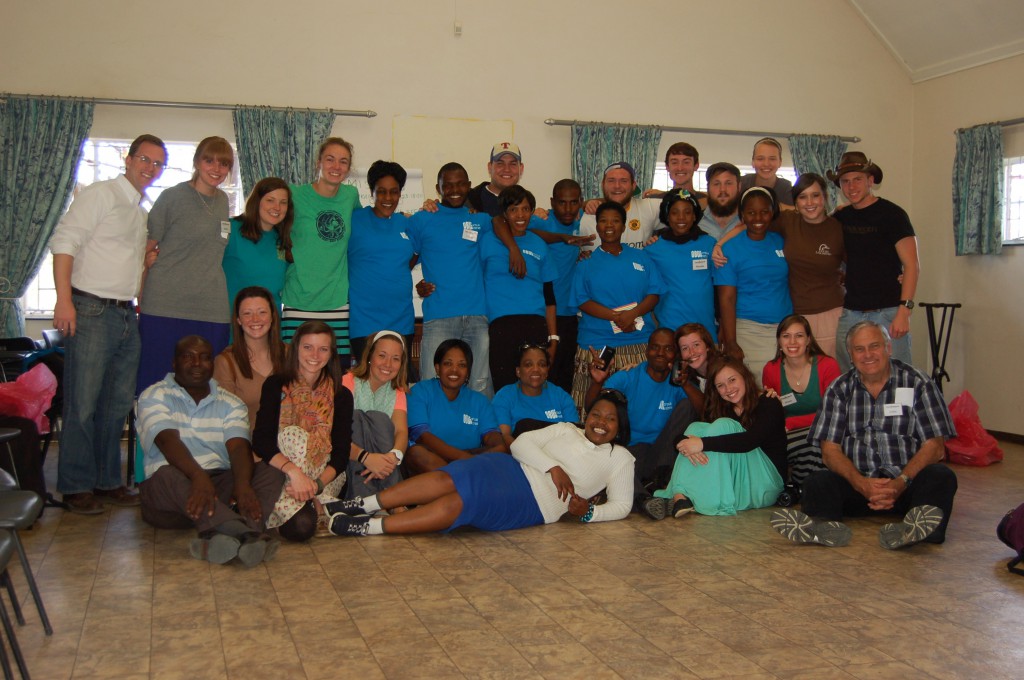Wednesday, Dec. 2, Dr. Rachel Pool, instructor of education, presented her defense of her dissertation at the faculty colloquium.
Dr. Pool is a Ouachita graduate of 2007. She then moved on to her first job as a teacher at West Memphis High School. Years later, in 2011, Dr. Pool found herself back at Ouachita.
Dr. Marty Perry, Nell Mondy professor of chemistry, is in charge of the faculty colloquiums and asked Dr. Pool to present. Dr. Pool graduated from her PhD. program in December of last year and presented on the culmination of her dissertation defense in her colloquium. The topic of her presentation and theme of her dissertation was “No Child Left Behind Generation Goes to College”.
Secondary education was Dr. Pool’s first interest. When she started teaching, standardized testing had become a big thing. This was under the Bush Administration to make sure all students were proficient in math, English and science by 2014.
Through her years of teaching, the students would take their standardized tests or benchmarks, and soon after, the results would come in with the percentage of students who understood the material and were proficient or advanced in those fields of study.
“I felt the pressure of not wanting to be a stumbling block to a student because I didn’t give my all or my students weren’t prepared for those standards,” Pool said.
This was the turning point in Dr. Pool’s life. She joined the faculty at Ouachita in 2011. Her career path changed from teaching students mathematics to now teaching students critical thinking and how to be an effective teacher. It was at this point in her career where she realized that all of the students she was teaching were the, “no child left behind” generation.
It was here that Pool started wondering if this environment made students college ready for post secondary expectations.
“My dissertation didn’t start at “no child left behind”, it went all the way back to a 1965, elementary and secondary education act. That is where the policies of no child left behind started, with the title one program which gives money to low socioeconomic communities for servicing their students,” Pool said.
When comparing her research, there were two sets of teachers. The difference between the two sets was how they went about their learning objectives. The problem was there tended to be no difference with the students.
“Students will be students,” Pool said.
Pool wanted to know the different student environments and the preparedness for them. Through her studies, she looked at two groups of students. One group was from 1998. These students were not affected by “no child left behind” from the beginning. The other was from 2009, where they were all affected by “no child left behind”. When the results of the two studies came out, Pool found that there was really no difference in their preparedness.
In concluding her research, Pool summarized her findings into two different categories. There needs to be more conversations between the levels of education.
“We want to make sure that college professors know the environment that the students are coming from and that the secondary people know what kind of environment we want our students to be successful in,” Pool said.
The last category was making sure students know to participate in extra curricular activities. Taking advantage of what Pool calls, “College Knowledge” can benefit the students.
College Knowledge is, “knowing how to be admitted into college, knowing the expectations of a professor and knowing the different skills that you need in order to be successful,” Pool said.
By Brent Northington














